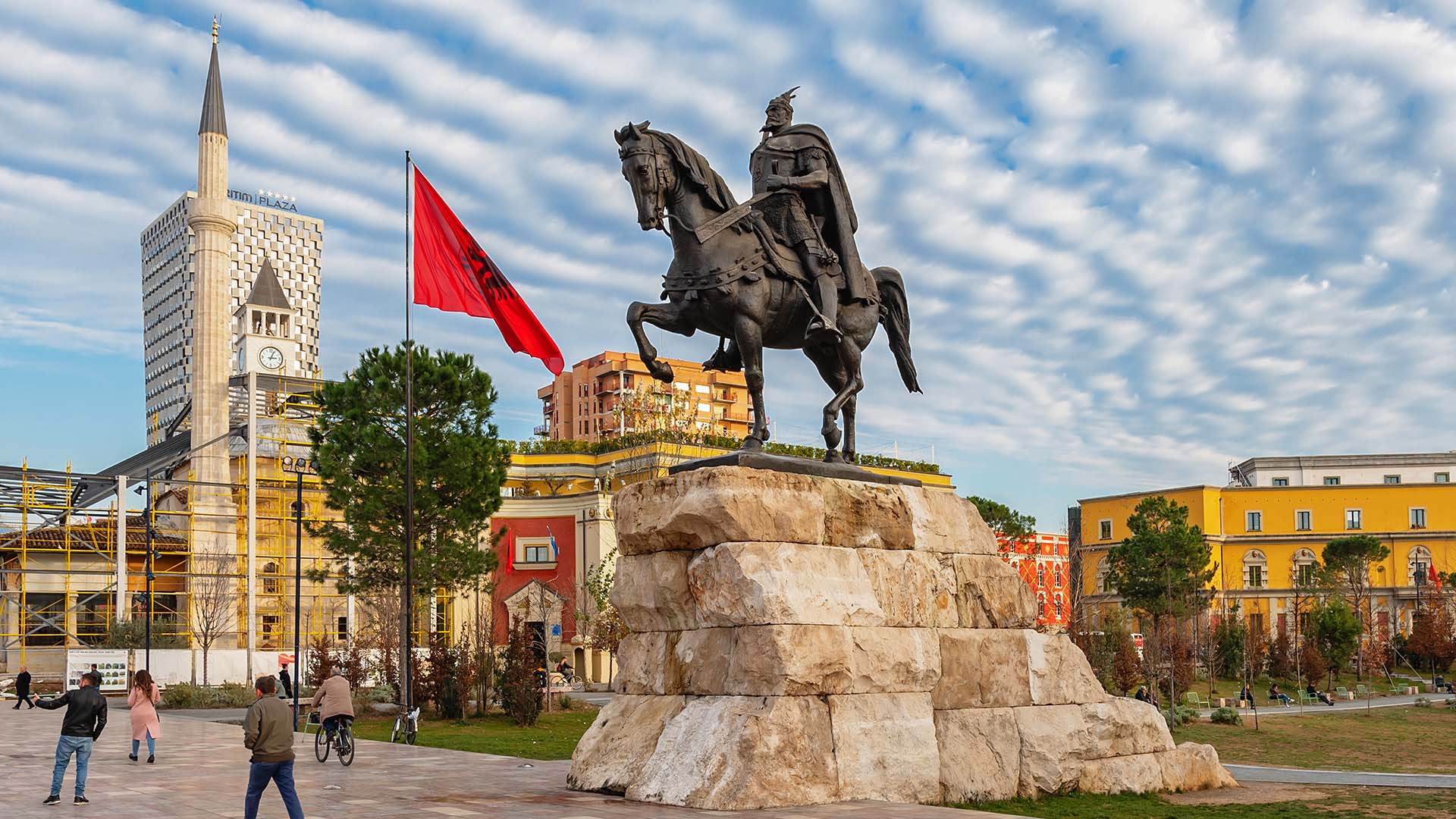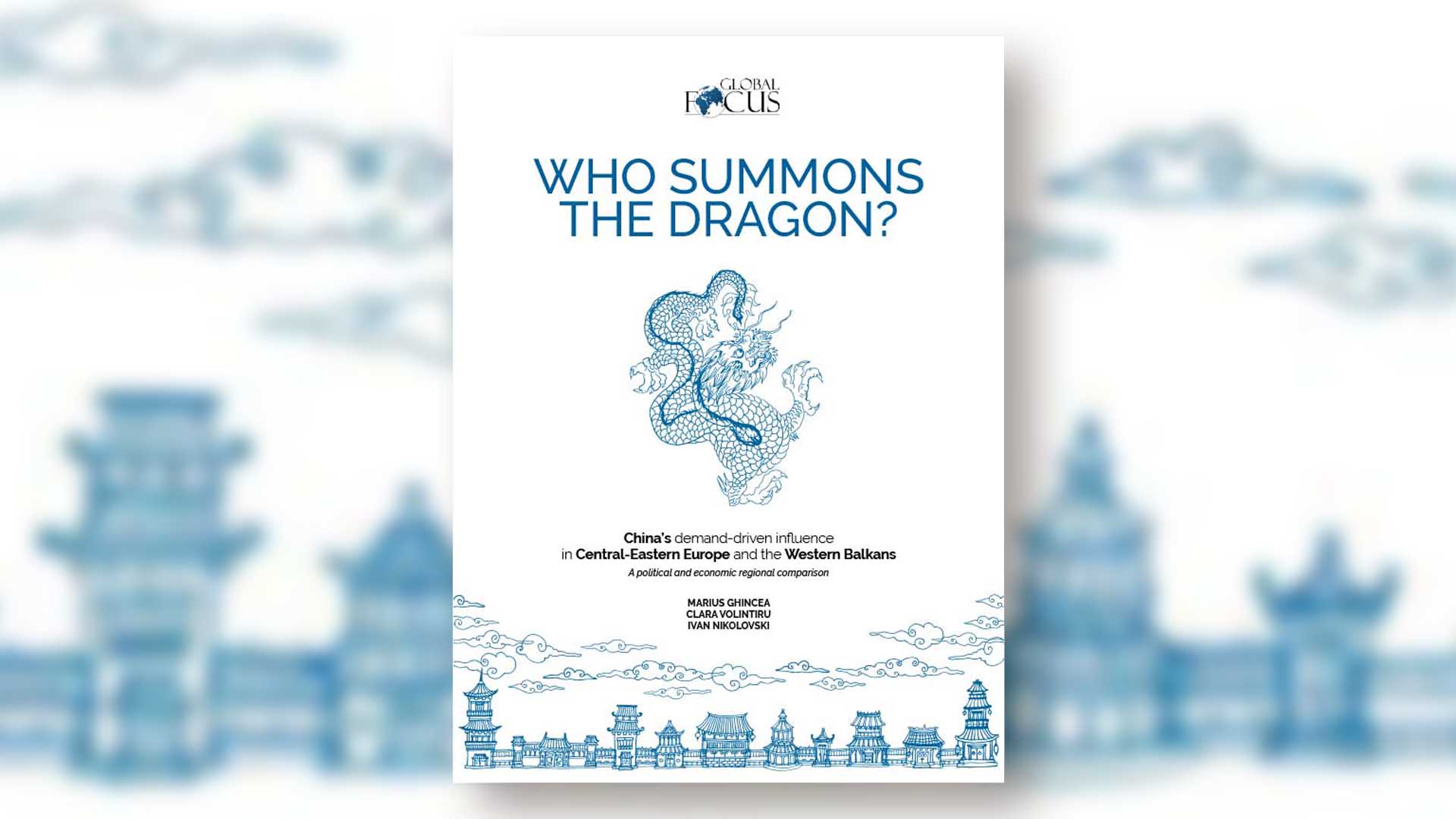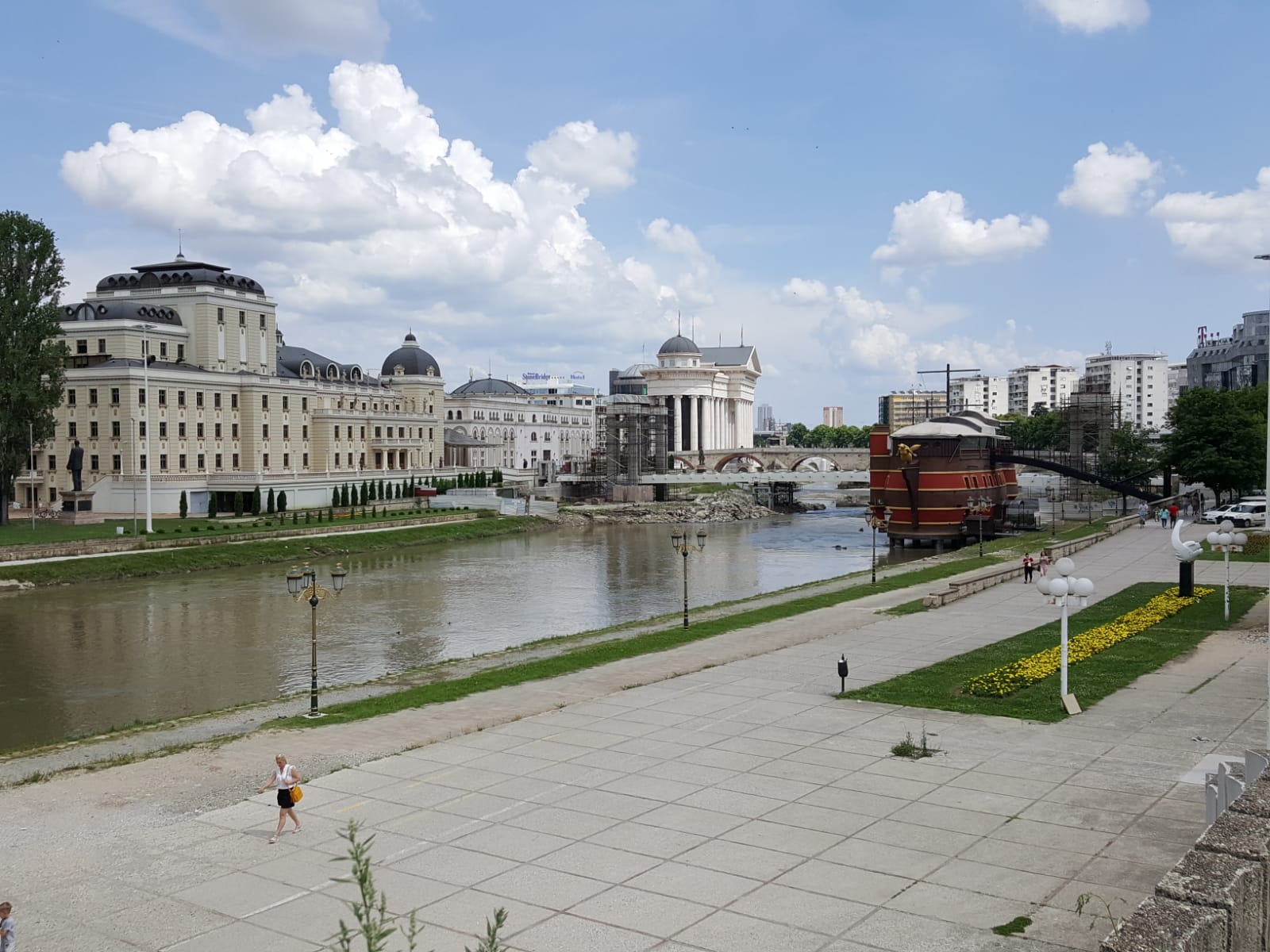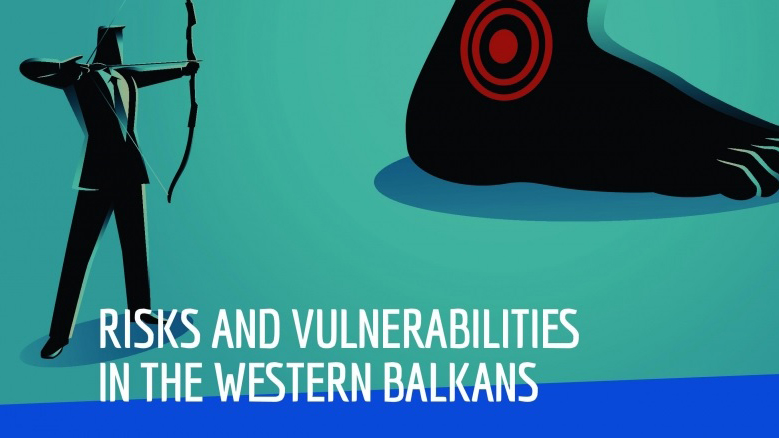Policy Recommendations
- The political will of the domestic political elites – or the lack of it – should be taken into account when initiating such deep reform(s) because it is a precondition for an efficient implementation of the required changes and results.
- The good governance features should apply to the newly established judicial institutions and structures. Their implementation is crucial in determining the outputs and the long-term impact of the reform.
- The citizens, who are the main beneficiaries of the reform, should be involved throughout the whole process from the design of the reform to its implementation and operation. Thus, there is a need to prepare information in a way that makes it easier for citizens to understand and to create external mechanisms such as involving representatives of civil society, academia or bar associations to monitor the strategic action plans of the new justice institutions.






